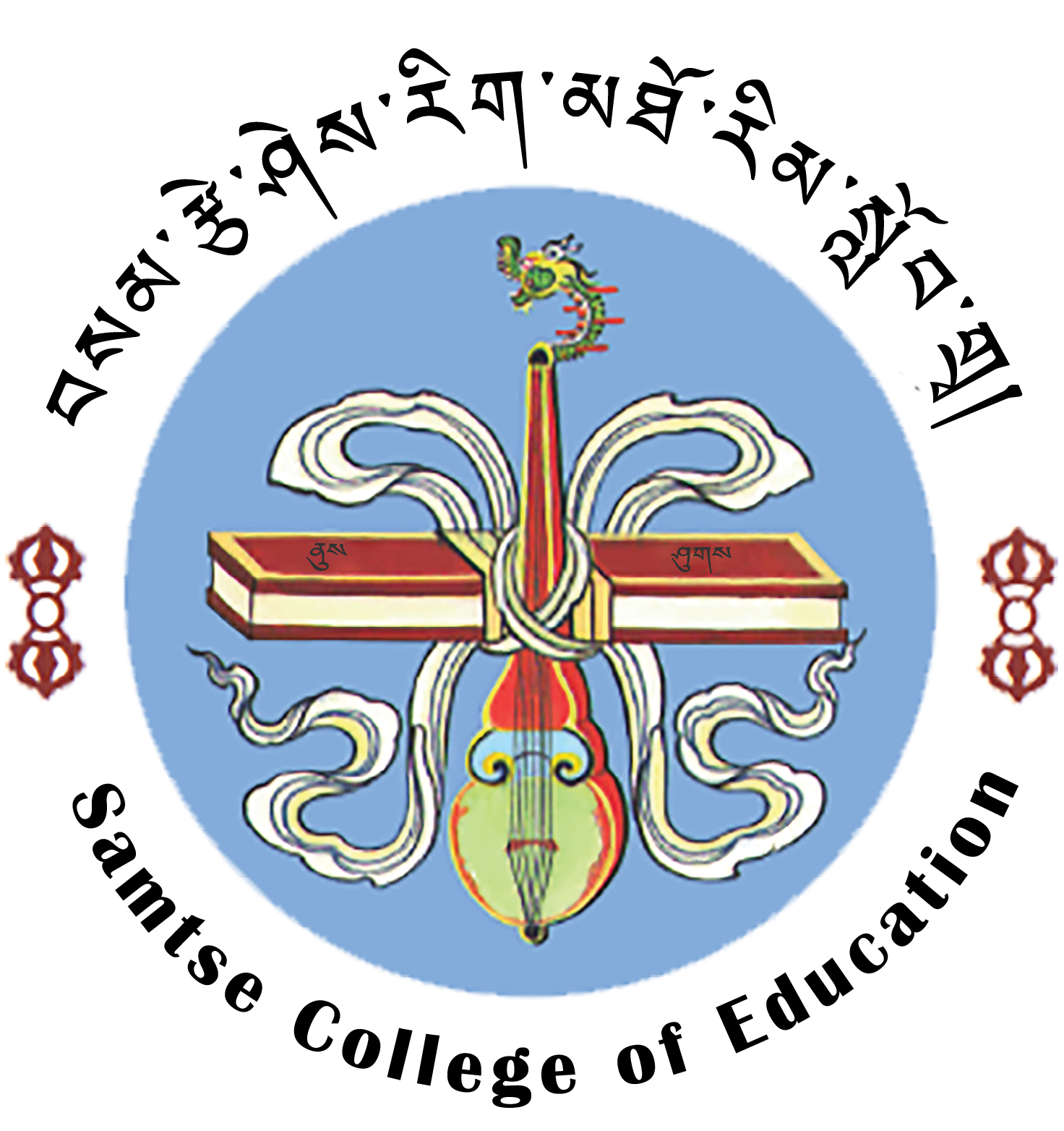Background
Education is considered as one of the fundamental needs required to achieve Gross National Happiness (GNH), the philosophical framework, for the overall development of the country. Recognizing the immeasurable role of education in the overall development of the country, the government has made considerable investments in education sector throughout the successive past Five-Year Plans. As a result, education sector witnessed an unprecedented development ever since the country embraced the modern system of education in the early 1960s. However, despite the remarkable progress and developments that the education sector has witnessed over the decades, the Bhutanese society generally perceive the need to further improve the quality of education at all levels. Accordingly, the Ministry of Education (MoE) guided by the vision of “an educated and enlightened society of GNH, built and sustained on the unique Bhutanese value of tha dam-tsig ley gju-drey” has initiated numerous initiatives to improve the quality of school education in the country in the last few years. RUB, as a key stakeholder in education, plays an important role in improving the quality of education in the country through research-informed innovation in learning and professional practices. The university institutions have to share in the concerns of the society and provide well-informed opinions and direction to the nation. The Tertiary Education Policy of the Kingdom of Bhutan (2010), mandates Bhutan’s tertiary education institutions to preserve, transmit, and advance knowledge, values and skills to benefit individuals, society, and the global community at large. Therefore, the role of RUB in improving the quality of education and overall education landscapes in the country is equally important. Accordingly, with a vision of being “an internationally recognized university steeped in GNH values”, RUB is consistently rolling out policies and programmes targeted towards improving the quality of learning through innovation and research, among others. Among the colleges of RUB, Samtse College of Education (SCE) is the only secondary teacher education college in the entire country. With a vision to be “a center of excellence committed to research and innovation in Education”, the college is already strategically poised to engage in improving the quality of education in the country through innovation in learning, professional practice and research. Towards this, SCE has also already established partnership with the MoE and other relevant agencies having stakes in education such as Royal Education Council (REC) and Bhutan Council for School Examinations and Assessment (BCSEA). As a result, the main aim of the centre; Centre for Innovation in Educational Practice and Research (CIEPR), is to become a hub for innovation in educational practice and research. The centre will lead in improving learning, teaching and assessment practices in the schools and tertiary institutions of the country. The centre will also conduct research to inform reforms in educational policies and practices. Towards achieving its aim, the centre will strategically establish collaborations and partnerships with the relevant stakeholders in the country such as RUB, MoESD and selected institutions outside the country.
VISSION
To be a Centre of Excellence in Educational Practice and Research.
MISSION
- Generate research-informed educational practices to address the emerging trends and challenges in the Bhutanese education system;
- Provide consultancy services and need-based professional development programmes in pedagogy, curriculum and leadership in education to school teachers and tertiary institution educators;
- Develop proposals, secure project grants and implement projects;
- Organize seminars and conferences;
- Conduct research to inform reforms in educational policies; and
- Collaborate with the relevant national and international educational agencies and institutions.
LINKAGES
Edith Cowan University (ECU), Perth, Western Australia
Ministry of Education, Bhutan
Focus area I: Advancement of learning, teaching, assessment and professional practices in education.
- Innovate learning, teaching and assessments practices including curriculum for schools and tertiary education; and
- Provide need-based professional development programmes for school teachers, tertiary educators and others.
Focus area II: Advancement of educational management and policies.
- Generate research evidences for policy advocacy in learning, teaching, assessment, management and other emerging issues in education; and
- Provide need-based professional development programmes in educational leadership and management to the school and tertiary education leaders.
Focus area III: Advancement of collaborations and partnerships.
- Establish collaborations and partnerships with relevant individuals, agencies and institutions both within and outside the country and execute projects in the areas of common interests in education;
- Secure funds from the relevant agencies for the implementation of the Centre’s activities; and
- Organize seminars, conferences, workshops, trainings and produce publications relating to the Centre’s activities.
MEMBERS
Dr. Sonam Rinchen
Dr. Kinley Seden
Dr. Tashi Gyeltshen
Dr. Yangdon
Ms. Kezang Wangmo
Mr. Wangchuk Dorji
Mr. Tshering Dorji
CONTACT
